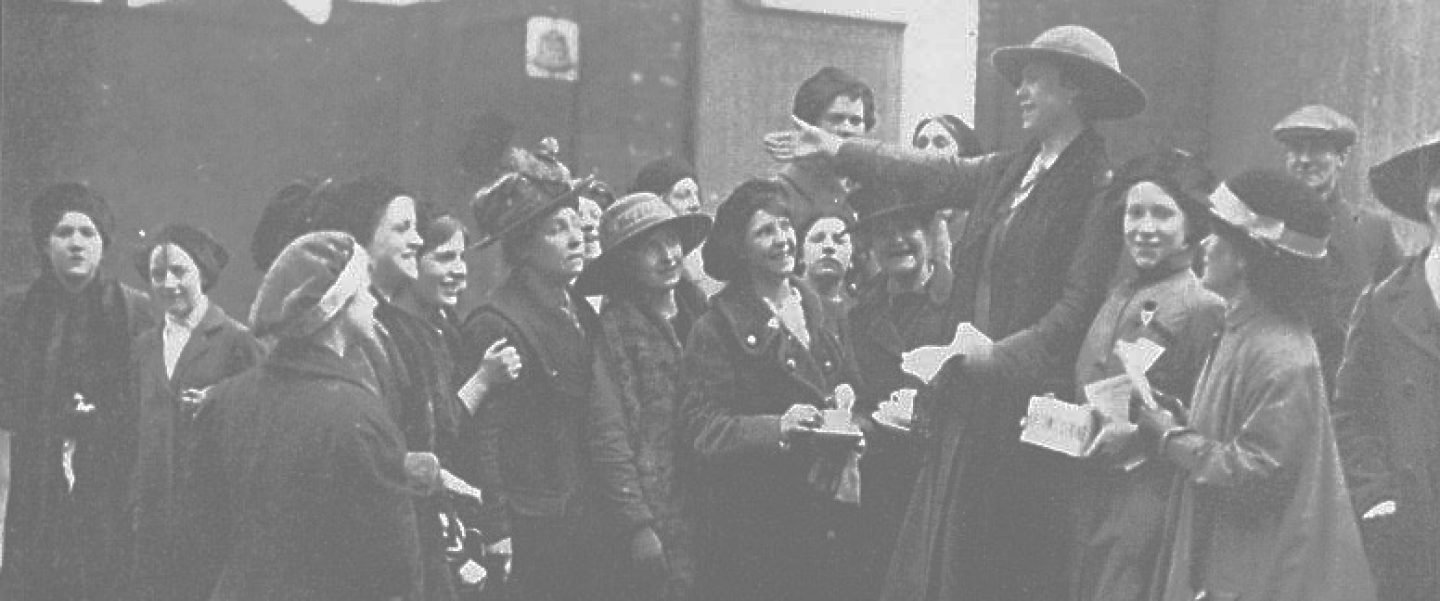The Irish Question

In the debate around proposals to change to self-identification under the GRA, people often refer to the other countries where this has been adopted “with no problems”. In particular, Ireland is cited as a good example.
However, there seems to be a misunderstanding about the way Irish equality law works and a lack of knowledge of the legal exceptions and caveats which mean Ireland does not, in fact or practice, have a simple self-declaratory system. To claim it does misrepresents the situation there.
The law was changed in 2015 and was due for an audit this Summer. No audit of its impact has yet been published.
The Irish law is outlined here and must be considered in its interplay with other different Irish statutes.
The Irish Gender Recognition Act allows self-ID but is reliant on a quasi-judicial exercise of ministerial competence – in other words, a gatekeeper.
This is an administrative process which includes:
- – mechanisms to require information and overturn administrative decisions;
- – an exclusion for married people, with or without spousal consent;
- – the exercising of discretions which allow, for example, housing of prisoners in the estate relating to their sex.
‘Gender’ is protected by the prohibition of discrimination in the Irish Equal Status Act.
The Irish Equal Status Act entitles equal treatment regardless of ‘gender’, which in Irish law means whether you are a man, a woman or a transgender person, in the circumstances of:
- buying or selling goods that are available to the public or a section of the pub
- using or providing services that are available to the public or a section of the public;
- providing or using accommodation;
- attending or managing a pre-school, school, college or other educational establishment.
- People can be treated differently in relation to cosmetic services that involve physical contact – for instance, hairdressing, body waxing, and so on;
- People can also be treated differently if there is a risk that you could be embarrassed because of a lack of privacy;
- People can be treated differently at sporting events if the differences are reasonably necessary and relevant and, in relation to educational establishments, having regard to the nature of the facilities or events.
- Insurance companies may differently decide how much to charge people for annuities, pensions, insurance policies and so on, based on different risk assessments, if the differences are based on proper research and statistics (although EU law proscribes the limit of this exemption in so far as men and women must be treated the same).
- People can be treated differently if it’s necessary for a drama or entertainment production.
- A person making a will or a gift is entitled to choose whoever they want to benefit.
- Services may promote or favour the special interests of one person or group over another.
- Goods and services which can be reasonably considered as being suitable only for the special needs of certain people may be provided.
- In shared accommodation people may be treated differently in relation to personal privacy where lack of privacy might cause embarrassment.
- When the accommodation is provided by a person in their private home, if for example a home-owner took in a lodger.
- When housing is provided by or on behalf of the Minister for Justice and Equality.
- When the accommodation is reserved for a particular category of people.
- Single sex schools are allowed.
- Institutions providing religious training to ministers of a particular religion may admit students of only one ‘gender’.
- Third-level or adult education institutions may treat students differently by way of traditional university sponsorships, scholarships, bursaries, and so on.
- Clubs may be established for a particular group of people.
- Any person can be refused goods, services or accommodation if an experienced provider believes that there would be a substantial risk of criminal behaviour or disorderly conduct by that person, including abusing the service and causing trouble by being abusive or aggressive.
- A person may be treated differently because of a doctor’s clinical judgement in relation to the person’s medical condition.
A person may be differently in circumstances where they are not capable of entering into a contract or giving informed consent.
Please make sure you have completed your response in the GRA Consultation.
Our guidance is here
8th October 2018
We believe that it is important to share a range of viewpoints on women’s rights and advancement from different perspectives. WPUK does not necessarily agree or endorse all the views that we share.
